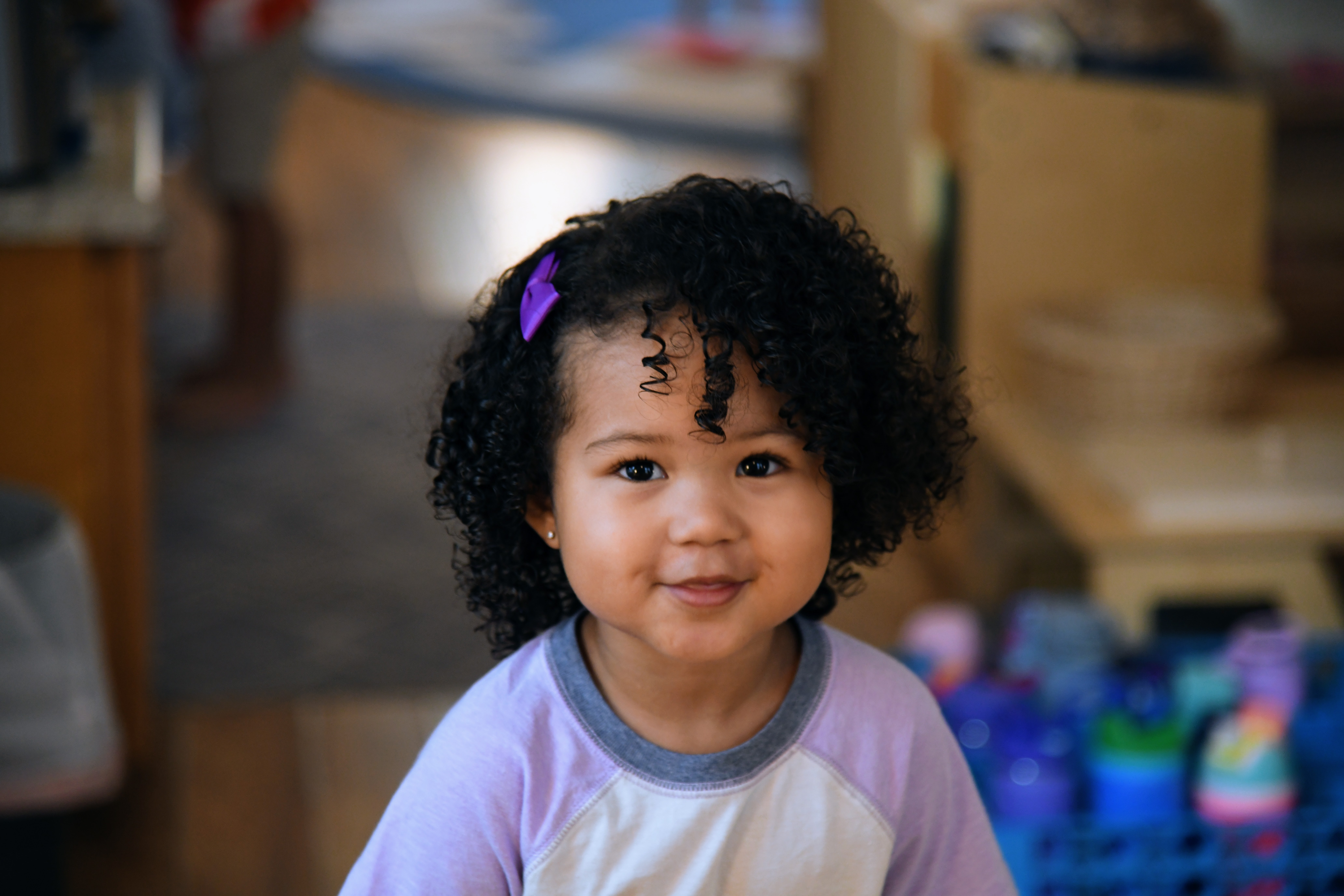“The task of educators is immense because human progress and world peace are in their hands”
- Maria Montessori







“The task of educators is immense because human progress and world peace are in their hands”
- Maria Montessori
Lower Elementary
Ages: 6-9 years
Grades: 1-3
Lower Elementary
As a direct continuation of all of the skills a child develops in our Primary program, the Lower Elementary classroom provides a new environment in which to explore and be inspired. The three-year development process experienced in Primary will begin again, yet with a new sense of confidence and curiosity.
Within our mixed-age classrooms, you’ll find six, seven, eight & nine-year-old students working both individually and collaboratively. In a three-year period, your student will experience being the novice, the apprentice, and the mentor in their community. This allows each student to learn from practicing with and teaching other students.
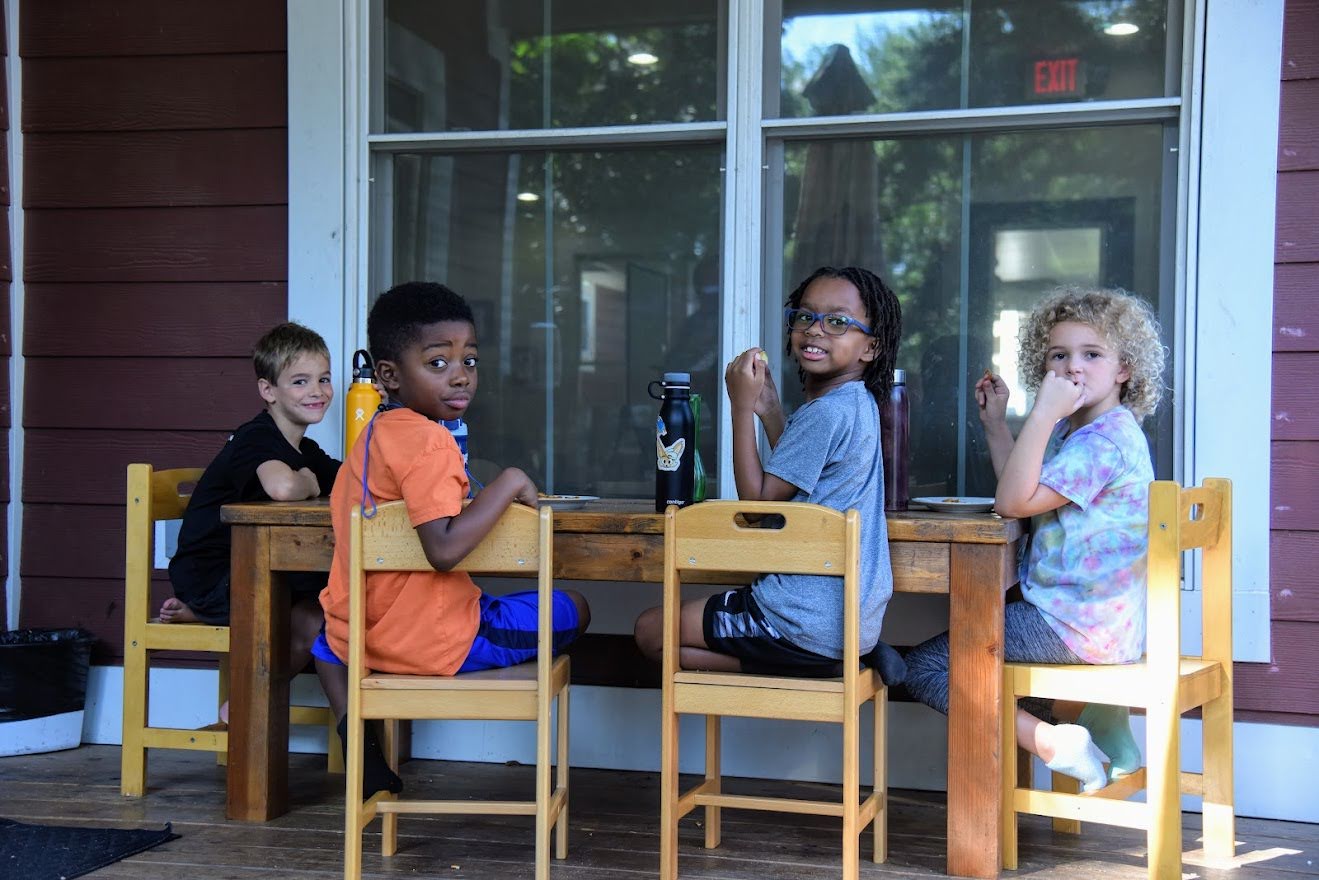
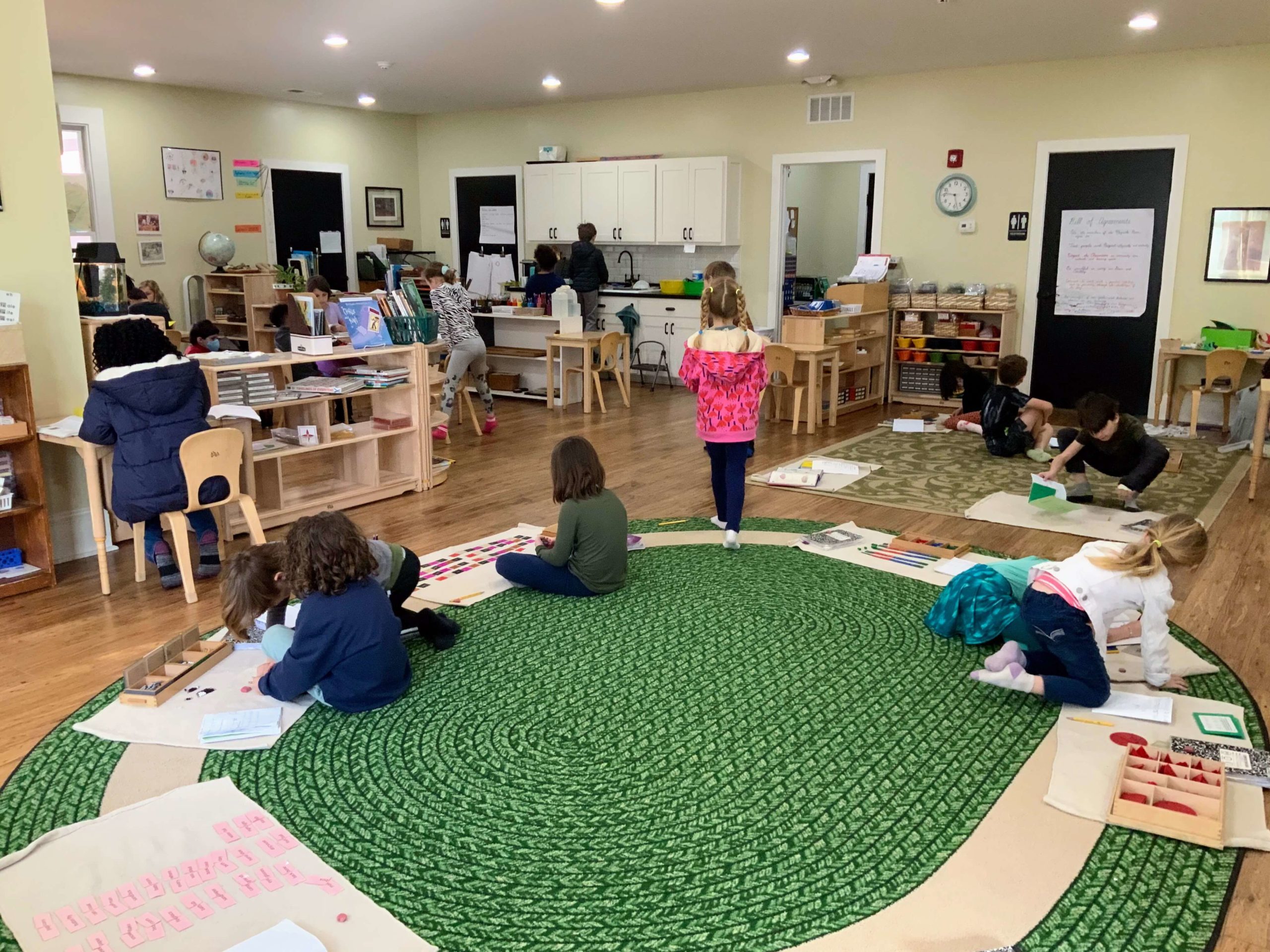

Montessori Lower Elementary Curriculum
For returning Montessori students, the Montessori Elementary program expands upon the learning fostered in an Early Childhood program. For students new to Montessori, it orients them to the joys of responsible participation.
Teachers guide children through a rigorous curriculum individually tailored to their own interests, needs, and abilities. Teachers monitor progress against established benchmarks and expectations for student learning, including: academic preparedness, independence, confidence, autonomy, intrinsic motivation, social responsibility, and global citizenship.1

Practical Life
Within the Elementary program, the Practical Life curriculum expands from the foundation laid in Early Childhood. Practical Life at the Elementary level shifts from a focus on self-care and fine motor skills, to skills that help children connect with their interests in the outside world, organize their time, and take part in their community.
While self-care and appropriate social interactions continue to be supported, lessons that teach responsibility are the focus. Use of tools, such as work plans, to support organization and time management skills, are incorporated into the daily routine.
Teachers and students often work together to post reminders about assignments, projects, and ideas. Using these, children make independent work choices, prioritize activities, and meet deadlines.
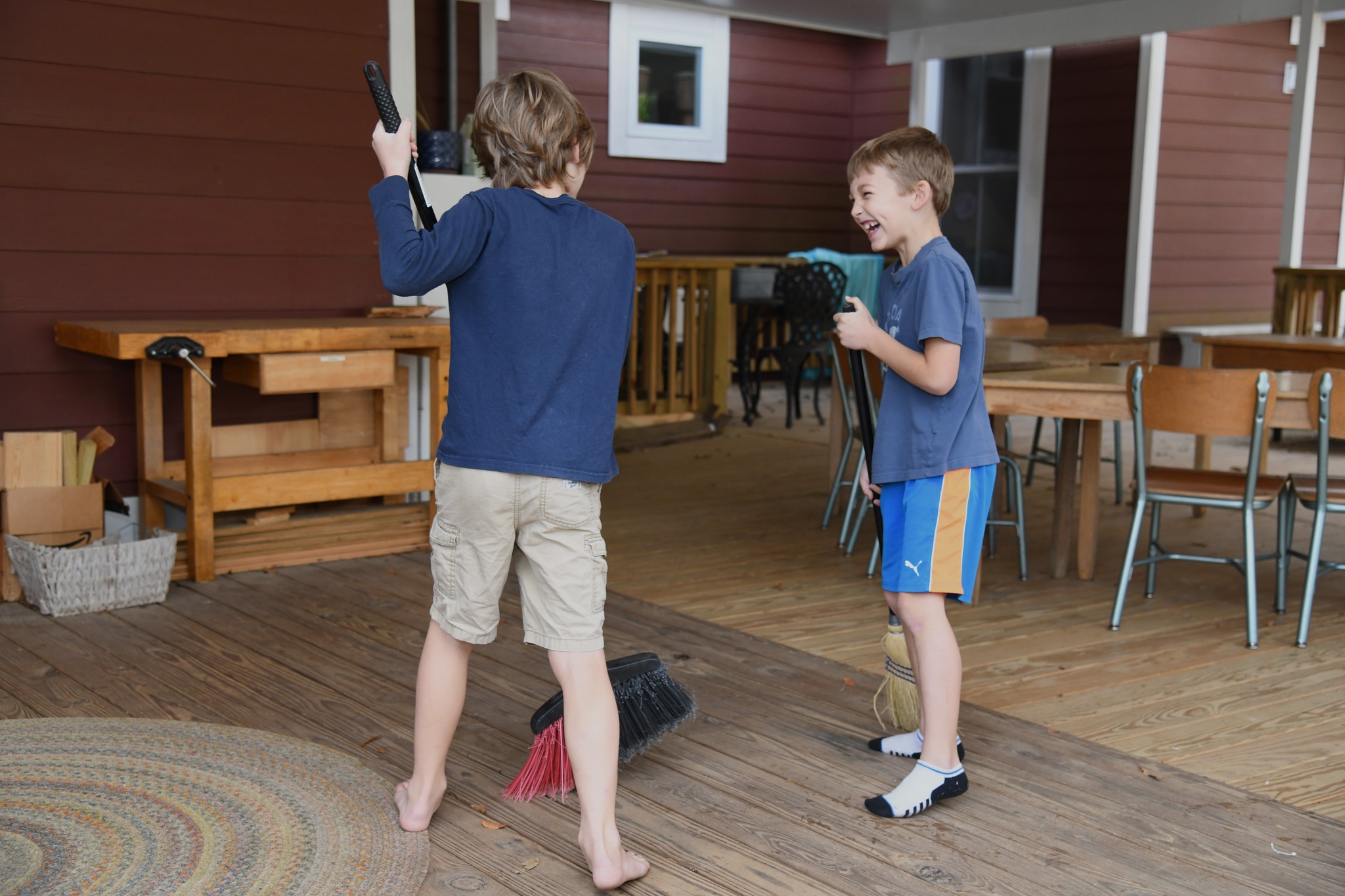
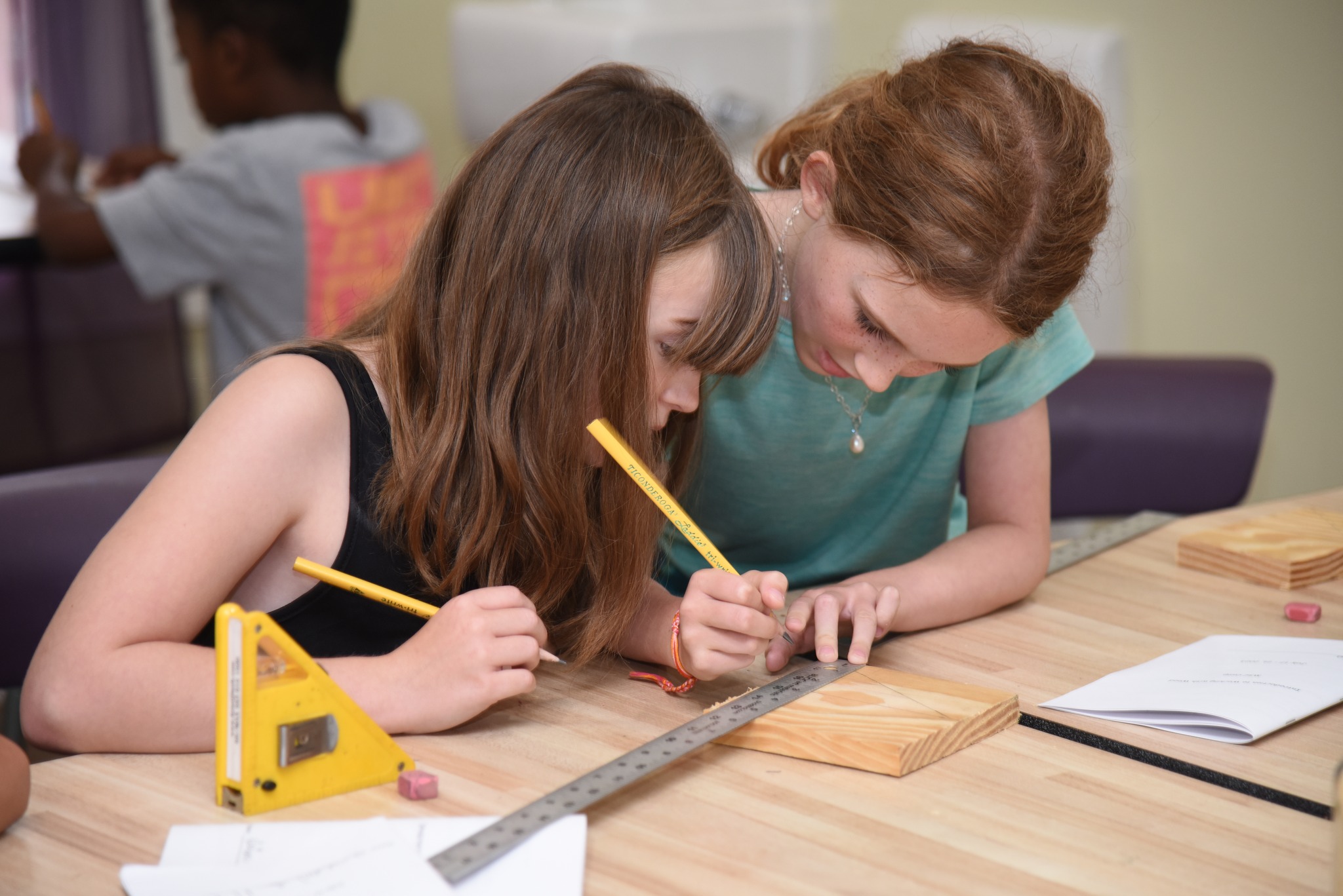

Math

Language
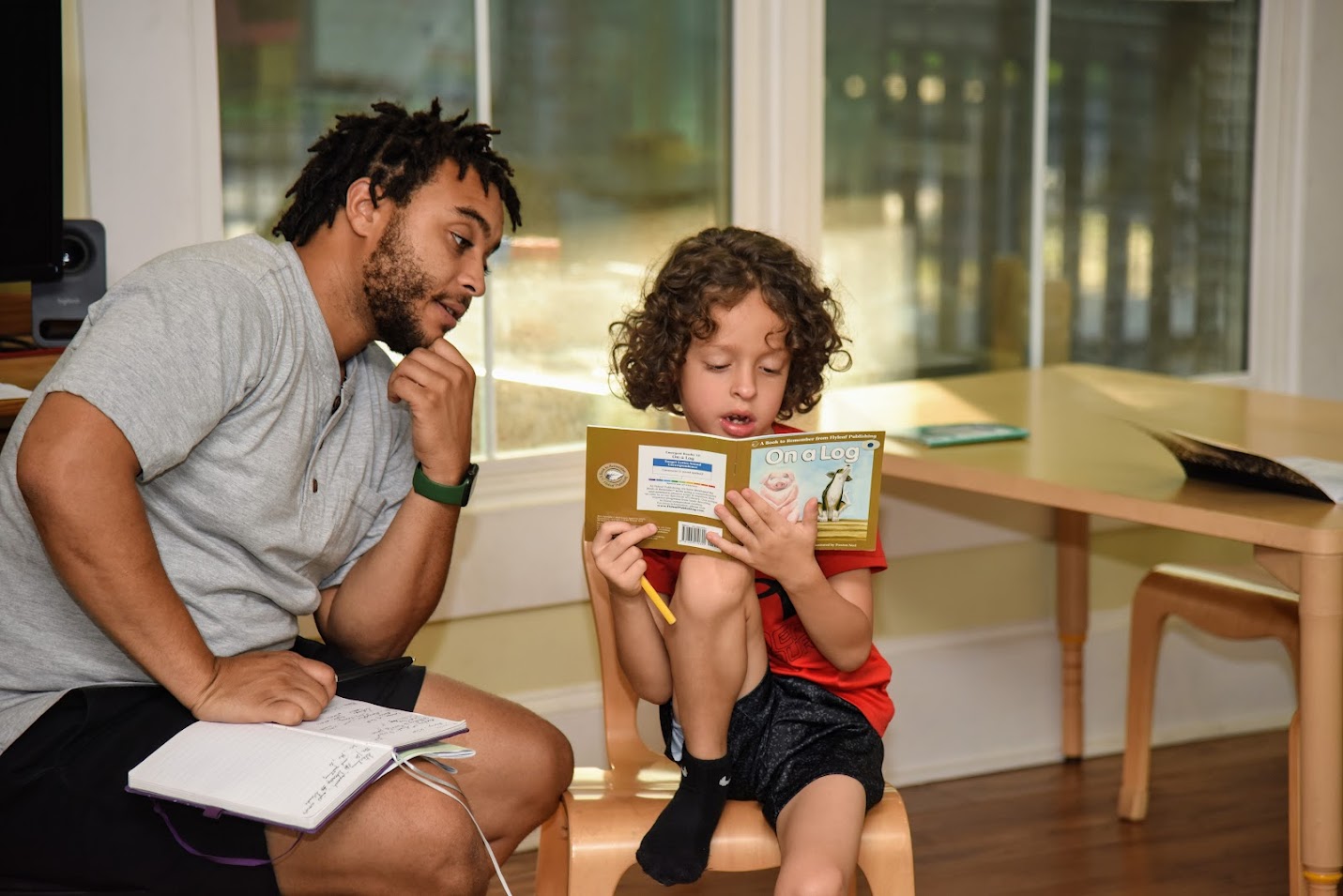
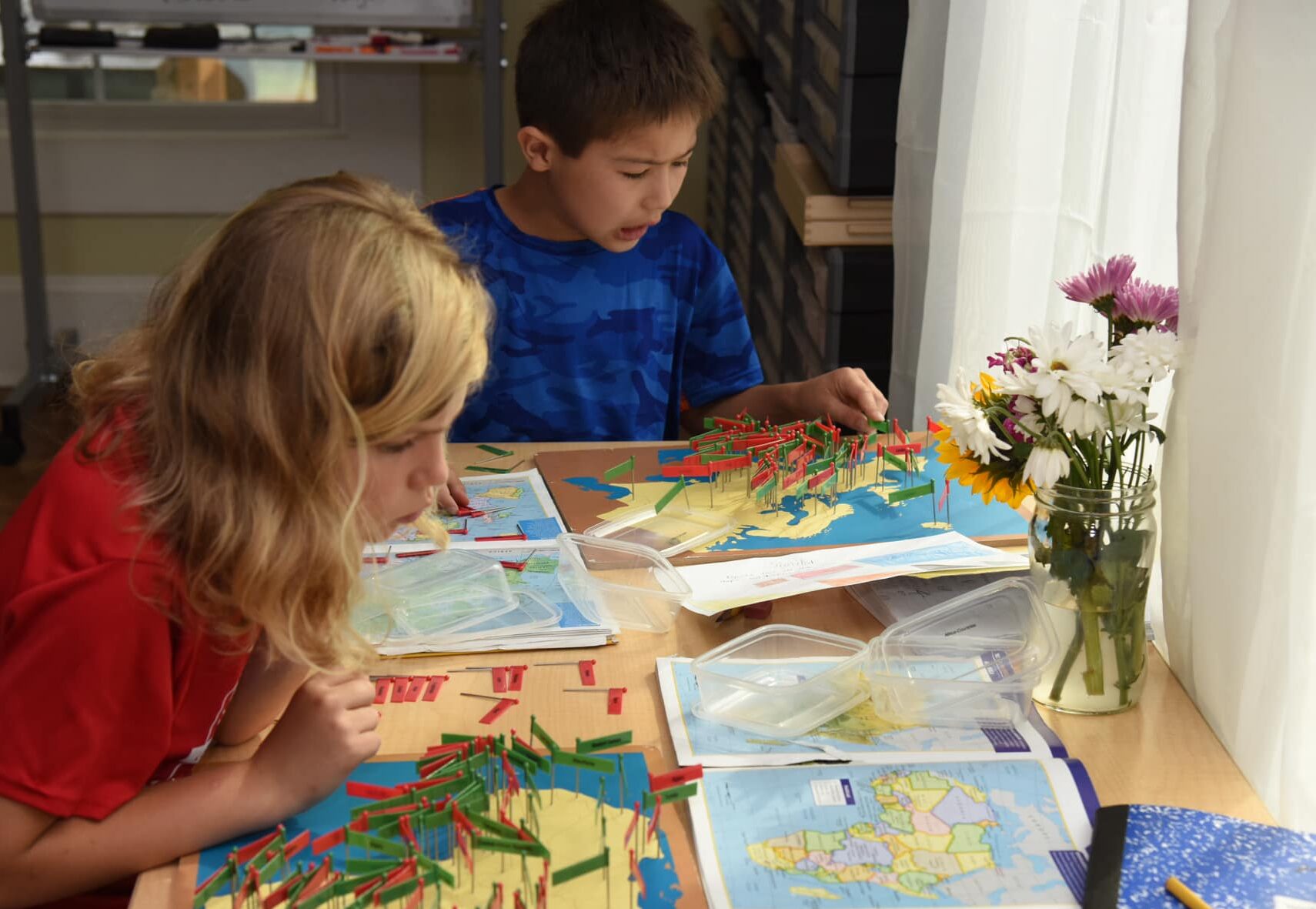

Cultural Studies

Science and Social Studies
Interdisciplinary and integrated studies of geology, geography, physical and life sciences, anthropology, and history are built around “Great Lessons,” a series of dramatic stories that explore the origins of the universe, our planet, and the continuous development of human advancement. The laws of physics and chemistry reveal the interdependency of all living things. Beginning with a study of civilization, students explore the contributions of history and what it means to be a responsible citizen and to seek ways to make the world a better, more peaceful place.1
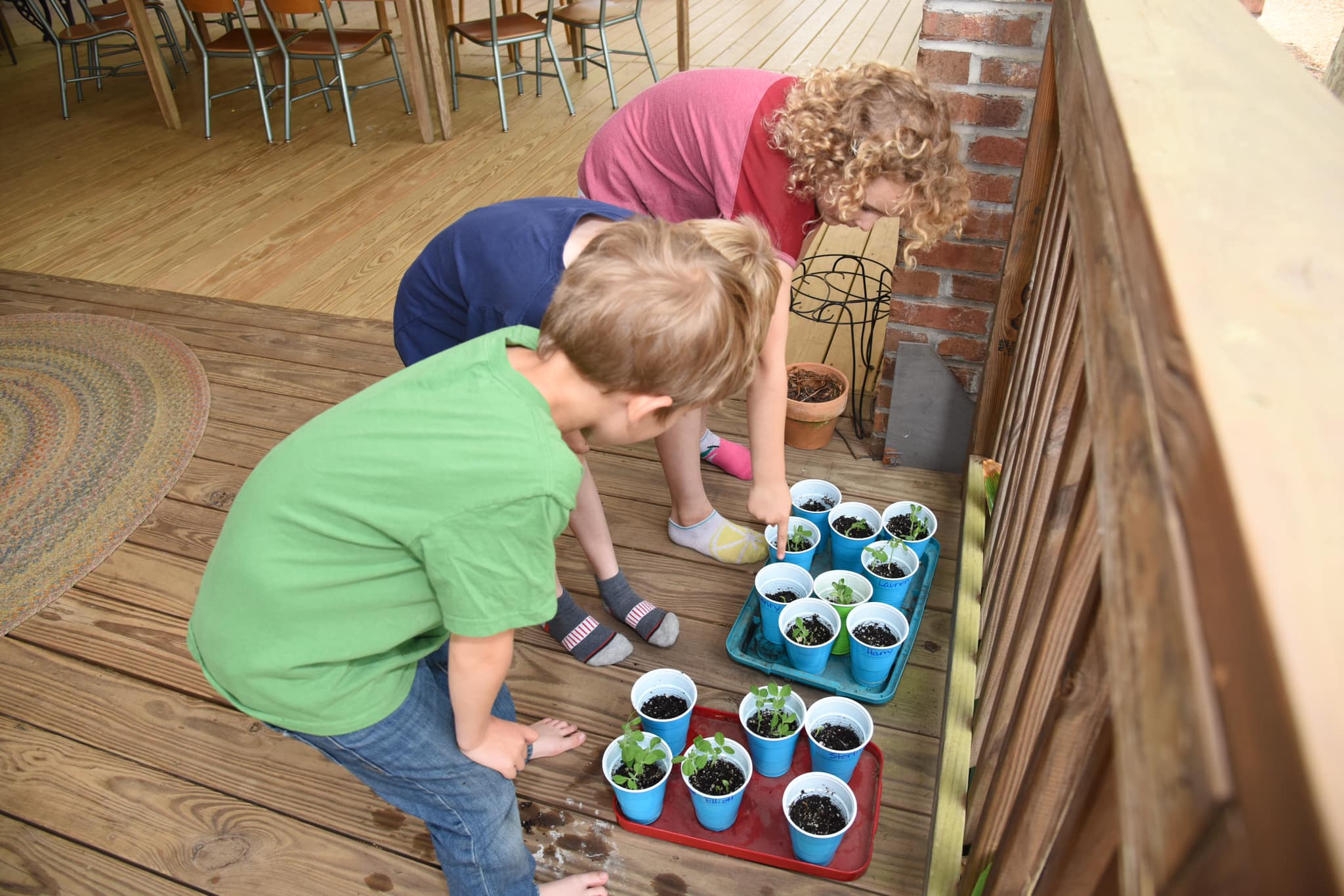
1 https://amshq.org/About-Montessori/Inside-the-Montessori-Classroom/Early-Childhood
Enrichments Programs for Lower Elementary
- Music
- Art
- Spanish
- Physical Education
What Others Are Saying About MSC
“It has been gratifying to watch all four of our children independently chart their own academic and social growth at MSC. [They] have gone on to middle and high school, and we can see how their success has built on the foundation laid at MSC. While the school has grown, the important things remain: its high standards for teaching; passion for the Montessori method and its ideals; a community of engaged students, families and faculty.”
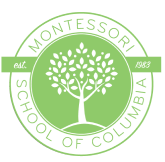
“Enrolling at MSC is the best decision we have made for our child. We have found a school that is creating lifelong learners and a community that feels like family! The focus on kindness and compassion in the classrooms allows our child to feel secure in asking questions, following his curiosity, and working independently. Since joining the elementary classroom, we have seen our child’s confidence bloom! He is gaining intrinsic motivation, time management skills, and organizational tools he needs to be successful well into his adult years. I could not imagine a better environment for children to thrive. “

“We have been members of the MSC community since enrolling our oldest in 3K in 2016. Since then we have enrolled 2 more children, and our oldest has transitioned to middle school. Needless to say, we love MSC for many reasons. First of all, the teachers and staff are awesome. They are kind and nurturing, always have good feedback at our teacher conferences, and the communication with parents is great. There is a strong emphasis on building community, and we have felt that from the beginning. Secondly, the facilities are really nice. The classrooms are like living rooms with lots of access to the outdoors. And, lastly the Montessori method of teaching fosters independence in children and sparks joy in learning. I believe it has given my children a wonderful foundation for lifelong learning.”

“The confidence I’ve seen within [my daughter] this year and her SEL growth have been astounding. Sure, it’s amazing to see her lettering and writing, it’s wonderful to hear her and all her math skills developing and her playing around with addition, it’s been SUPER fun to hear her piece together phonetics and start to sound out words and see her little eyes light up when she spells something or figures out how it is spelled! But more than anything – it’s been incredible to see her ability to focus improve, her manners and social queues grow, and to see her navigate social relationships so much better. “

“My family feels very fortunate to have placed our daughter at the Montessori School of Columbia. We’ve seen our daughter develop a unique and special bond with her teacher. She trusts and loves her teacher, and this enables her to feel safe to learn, explore, and develop in and outside of the classroom. I value the school’s emphasis on community and peaceful resolution. Their focus on independence and self-reliance has grown our 5-year-old into a confident, assertive person who is not timid or afraid in the world. An added, unexpected benefit of joining the school has been access to a network of like-minded parents who are caring and supportive of us: people who will be lifelong friends of our family. As someone who is not originally from here, being part of this community is invaluable.”

“The foundations of learning that the Montessori curriculum provided me have been instrumental in further education. From a very young age, Montessori has encouraged me to explore my interests and push myself to beyond typical classroom requirements. MSC has instilled an overall desire to learn more each and every day, as well as providing the groundwork for academic excellence in every subject area. I contribute many of the learning and studying strategies I use in University to those taught to me at MSC.”

“I thought I knew what I was signing up for when we chose MSC for our girls. What we actually got was so different from what I imagined but so good. No one child is created the same, and at MSC they are all treated with respect and dignity. Encouraging the growth of the whole child is a really wonderful aspect of participating in the MSC community. We are thankful for our season at MSC. We were unprepared for the learning they experienced– they really help foster the growth of the whole child. It was a joy not only to send my kids to a school where they could be uniquely themselves and learn at their own pace, but also to experience the other perspective of the school as a substitute teacher and see how much the teachers truly care about the children and their development.”

“As an MSC parent and a professional, I have a unique perspective in seeing students acquire a thirst for knowledge and a continued desire to grow. MSC provides an opportunity to foster curiosity and confidence in students from Primary through the Upper Elementary grades. As a parent, my investment in this program is now reflected in later years as our family prepares our former MSC student for secondary school.”

“There is absolutely no school that rivals MSC. The charming campus, the dedicated family of teachers— I leapt out of bed every day, eager to go to school. Eating carefully divided brownies during a lesson on fractions, initiating mock presidential debates on the playground as fifth graders, completing research projects in every grade…that kind of environment and encouragement of learning were incredible gifts given to my classmates and me during our time there.”

Add Your Heading Text Here
What Your Child Will Learn
- Create an individual weekly work plan
- Attend overnight trips without their parents present
- Responsible for “jobs” and rotate them weekly
- Prepare the daily snack for their peers
- Expected to open their food containers independently
- Clean up after themselves and restore their work to the shelves
- And many more autonomous and independent tasks
- Peer teaching
- Making a challenging weekly work plan
- Answering the class phone
- Restoring their work and the environment
- Performing on stage in front of an audience
- Greeting guests and offering to make them tea
- Master a concept or successfully complete or work
- And many more confidence and competence building interactions
- Take out (challenging) work as soon as they arrive
- Trying not to cheat as they are work only to improve themselves
- Progress through lessons at their own pace
- Increased self-assessment through a nurturing environment
- And countless other moments for reflection and internal celebration
- Engage in a variety of efforts to help others, including multiple charity opportunities for your child to take part in
- Foster an environment that supports self-identity while being able to see through the lens of other individuals in our global community
- Learn from guest experts who teach an appreciation for Gullah-Geechee Culture, Ukrainian history, and Jazz music, among a variety of other lessons
- Experience diverse cultural celebrations such as Diwali, Hanukkah, and Kwanzaa
- Assisting and maintaining the Rosewood Orchard community garden
- Showing great care for the earth by picking up litter around campaign and the community and recycling and composting
- And every year new guest experts share their experiences to broaden our students perspectives
- Arriving on time, prepared and ready to work
- Strong work ethic
- Creating weekly work plans
- Outlining for research papers
- Recording daily work
- Numeration
- Order of operations
- Fostering independence
- Organizing work into folders, notebooks and binders
- Developing fine motor skill and pincer grip through the use of small knobs
- And everything else an elementary student needs to succeed at the next level
- Introduction to Pangea, the black strip, clock of eras and timeline of life
- Extensive work with the political and physical divisions of each continent, country, and state/province
- The five-kingdom chart
- The study of vertebrates
- The fundamental needs of people
- Knows when to offer help to a friend
- Comes up with ideas (such as a drive for pet supplies) to help others in need
- And innumerable other ways to build sensitivity to the natural world
Meet the Lower Elementary School Teachers

Andrea Rayle
Lead Teacher - Lower Elementary, Palmetto

Michael Thigpen
Lead Teacher - Lower Elementary, Palmetto

Sidney Little
Lead Teacher - Lower Elementary, Magnolia

Misty Dickson
Lead Teacher - Lower Elementary, Magnolia


Frequently Asked Questions About Montessori
Dr. Montessori first developed her educational approach while working with a preschool population. She gradually extended her approach to children and youth of all ages. Today, some Montessori schools provide all levels of learning, from infant & toddler through the secondary (high school) level. Others offer only certain levels.
The benefits of Montessori, the emphasis on independent learning, for example, and the warm, supportive community, continue to be important at each stage of development as children grow into lifelong learners and responsible citizens of the world.
Dr. Montessori observed that children are more motivated to learn when working on something of their choosing. A Montessori student may choose their focus of learning on any given day, but their decision is limited by the materials and activities, in each area of the curriculum, that their teacher has prepared and presented to them.
Beginning at the elementary level, students typically set learning goals and create personal work plans under their teacher’s guidance.
Montessori schools teach the same basic skills as traditional schools and offer a rigorous academic program. Most of the subject areas are familiar, such as math, science, history, geography, and language, but they are presented through an integrated approach that brings separate strands of the curriculum together.
While studying a map of Africa, for example, students may explore the art, history, and inventions of several African nations. This may lead them to examine ancient Egypt, including hieroglyphs and their place in the history of writing. The study of the pyramids, of course, is a natural bridge to geometry.
Although students are free to work at their own pace, they’re not going it alone. The Montessori teacher closely observes each child and provides materials and activities that advance their learning by building on skills and knowledge already gained. This gentle guidance helps them master the challenge at hand, and protects them from moving on before he’s ready, which is what actually causes children to “fall behind.”
Dr. Montessori realized that children’s play is their work, their effort to master their own bodies and environment, and out of respect, she used the term “work” to describe all their classroom activities. Montessori students work hard, but they don’t experience it as drudgery; rather, it’s an expression of their natural curiosity and desire to learn.
Grades, like other external rewards, have a little lasting effect on a child’s efforts or achievements. The Montessori approach nurtures the motivation that comes from within, kindling the child’s natural desire to learn.
A self-motivated learner also learns to be self-sufficient, without needing reinforcement from outside. In the classroom, of course, the teacher is always available to provide students with guidance and support.
Although most Montessori teachers don’t assign grades, they closely observe each student’s progress and readiness to advance to new lessons. Most schools hold family conferences a few times a year so parents may see their child’s work and hear the teacher’s assessment, and perhaps even their child’s self-assessment.
An advantage of the Montessori approach, including multi-age classrooms with students of varying abilities and interests, is that it allows each child to work at her own pace. Students whose strengths and interests propel them to higher levels of learning can find intellectual challenges without being separated from their peers. The same is true for students who may need extra guidance and support: each can progress through the curriculum at their own comfortable pace, without feeling pressure to “catch up.”
We might note that from a Montessori perspective, every child is considered gifted, each in her way. Every child has their unique strengths, it is all a matter of degree.
There is a small but growing body of well-designed research comparing Montessori students to those in traditional schools. These suggest that in academic subjects, Montessori students perform as well as or better than their non-Montessori peers.
In one study, for example, children who had attended Montessori schools at the preschool and elementary levels earned higher scores in high school on standardized math and science tests. Another study found that the essays of 12-year-old Montessori students were more creative and used more complex sentence structures than those produced by the non-Montessori group.
The research also shows that Montessori students have greater social and behavioral skills. They demonstrate a greater sense of fairness and justice, for example, and are more likely to choose positive responses for dealing with social dilemmas.
By less stringent measures, too, Montessori students seem to do quite well. Most Montessori schools report that their students are typically accepted into the high schools and colleges of their choice. And many successful grads cite their years at Montessori when reflecting on important influences in their life.

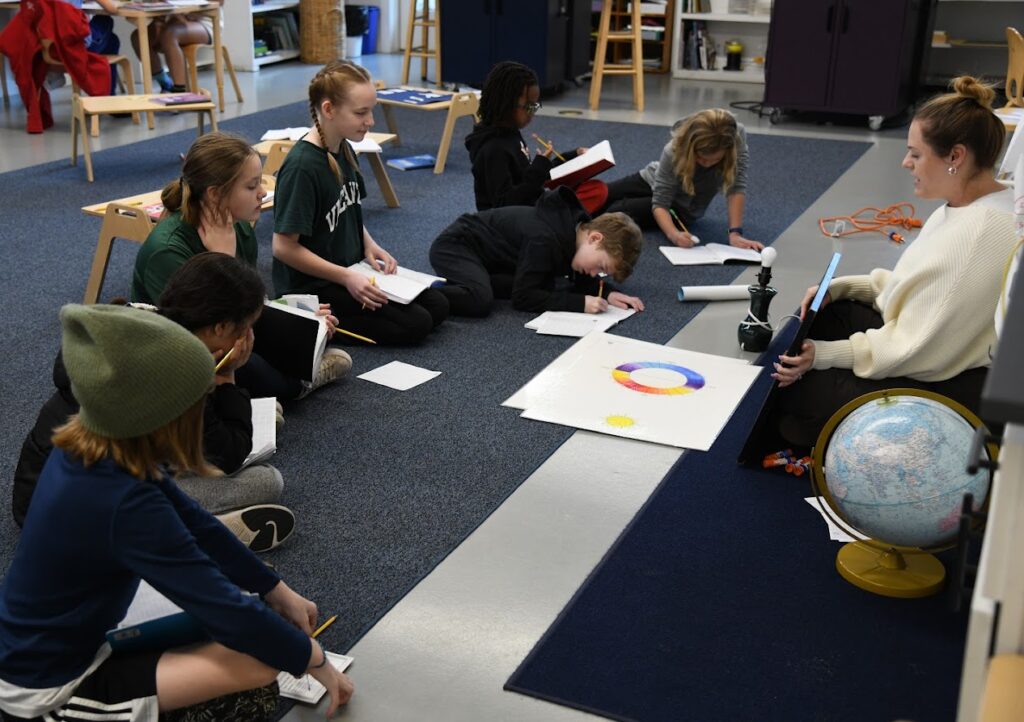
Where Next? Upper Elementary
Students in Upper Elementary have reached an exciting time in their Montessori education. They are phasing into abstract thinking, and they are ready for literature studies, challenging research projects, and ‘Goings Out’.

